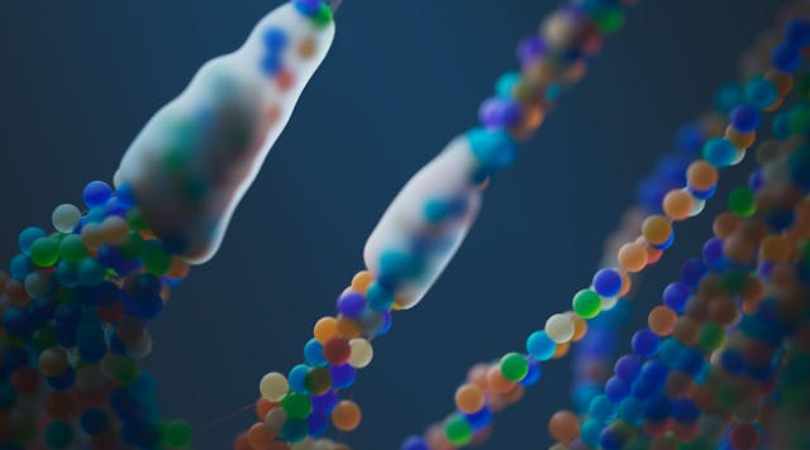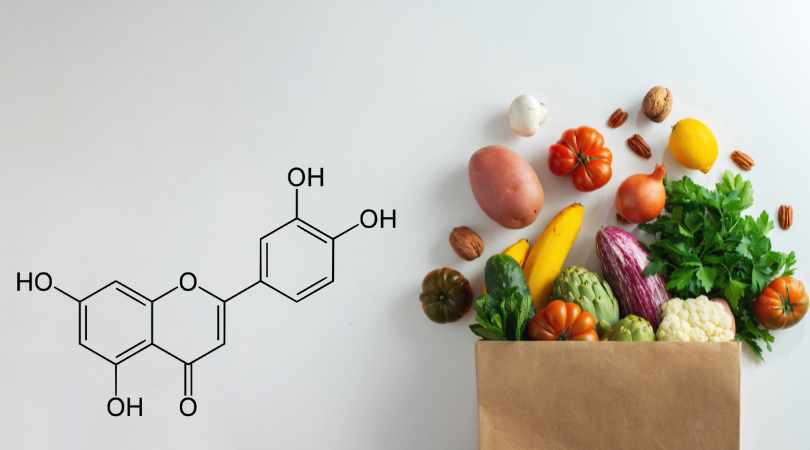Scientists have successfully restored the lost uricase enzyme, a key breakthrough in combating fructose-induced fat formation. This discovery offers new hope for preventing obesity and metabolic disorders by targeting how the body processes sugar and stores fat.
Limited Quantities Available! Order Today and Enjoy Free Shipping on Orders Over $100!
Glycogen vs. Fat: How Your Body Stores and Burns Fuel

Our body has 2 fuel storage devices. Glycogen and Fat. Both are filled by the carbs we eat. These are our body’s battery system, ready to be used when called needed. As such, losing weight simply requires putting that stored energy to use. What is the most effective and achievable way to do this?
To really understand how these systems work, it is useful to compare this function to how we store food in our home:
Fresh Food – Glycogen Storage
Imagine carbohydrates as the fresh food items we buy and place in our fridge. Just as we store fresh groceries in the fridge for quick access, our body efficiently stores carbs as glycogen because they provide readily available energy.
Excess Storage – Converting Carbs to Fat
Similarly, when our fridge (glycogen storage) is full, any surplus is stored in the freezer, symbolizing fat storage in our bodies. Given that our body can only store about 10 pounds of glycogen, any excess carbs are converted into fat.
Accessing Stored Energy – Glycogen vs. Fat
In both scenarios, accessibility is key. We tend to consume what’s easily reachable – just as we prioritize food from the fridge over items that require thawing. Likewise, our body prefers glycogen as it’s easily accessible, whereas fat needs to be converted into ketones through ketosis before becoming usable energy.
Breaking Down the Deep Freeze – Losing Glycogen
The key point here is that before tapping into fat stores, we may need to deplete our glycogen reserves. This can mean shedding up to 10 pounds of glycogen, which includes a significant amount of stored water. Understanding this is crucial, as it explains why rapid weight regain often occurs – it’s mostly water weight.
Finding the Solution – Intermittent Fasting and Ketosis
What is the most efficient way to empty our fat stores?
Intermittent fasting while still consuming carbs can be likened to reducing grocery trips. Occasionally, we may use an item from the freezer (fat stores), but eventually, we refill the fridge (glycogen storage).
In contrast, adopting a low-carbohydrate, ketogenic diet maintains minimal glycogen stores. It’s like deciding not to shop at all and relying solely on what’s in the freezer (fat stores).
The Role of Ketosis – Thawing Fat into Usable Fuel
While intermittent fasting aids in restoring insulin sensitivity, ketosis is the essential process needed to transform fat into usable fuel. It’s analogous to thawing frozen food before consumption.
Fructose’s Influence – The Compulsive Shopper
How does Fructose fit into this analogy? It can be compared to having a daily compulsion to shop at Costco as a single person with an eating disorder (sorry for being brash). Fructose encourages appetite (shopping) but also encourages energy conservation (storing). It encourages us to eat as much as we can, without actually using any of it.
Obviously this compulsion works directly against any goals of using stored energy. Breaking that habit is critical, and Luteolin offers a straightforward solution by blocking entry into your cells.
As such, our Fructose Control Kit supplements are a fantastic complement to any weight loss strategy. It relieves ongoing cellular stress, while simultaneously working to repair any damage that has been done historically to our cells.
Disclaimer: The information in this blog reflects personal opinions, experiences, and emerging research. It is not intended as medical or professional advice and should not replace consultation with qualified professionals. The accuracy of this content is not guaranteed. Always seek guidance from a licensed expert before making any health-related decisions.


Chris | 🔬 Founder of LIV3 Health
⚡ A keen researcher dedicated to uncovering the root causes of metabolic dysfunction, the key driver of chronic conditions behind 70% of global deaths. His findings led to science-backed, natural solutions designed to inhibit fructose metabolism.
📢 Follow me on Reddit for insights on metabolic health and the future of wellness! -






